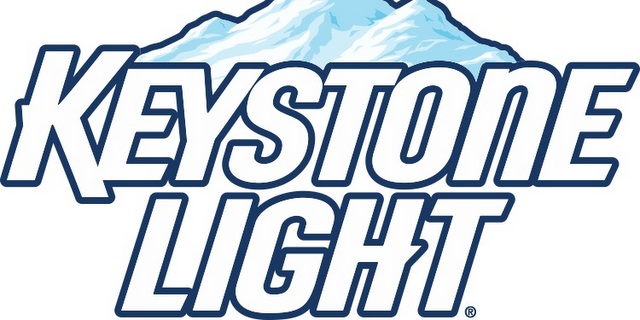
Music in bars, restaurants and breweries is almost ubiquitous. Yet by law, any such establishment mentioned needs to have the necessary licensing rights before playing almost any music. You can’t just flip on Sirius XM to the ’80s on 8 using your consumer account (you’d need to pay for its commercial services). Bars and restaurants are required to pay actual performing rights organizations (BMI, ASCAP and such) which act as intermediaries between bars, bistros and songwriters to protect intellectual property and make sure everyone gets paid (and taxed!). Because hey, songwriters deserve their cut too.
While it may seem like something you’d never get called out for, that’s not necessarily true. Recently, an Ohio craft brewery near Cleveland was singled out by the American Society of Composers, Authors and Publishers (ASCAP!) in a recent lawsuit that included nine venues from New Hampshire to Nevada. The organization, which collects royalties when its artists’ songs are played in public, noted Willoughby Brewing Co. in the suit. Willoughby is maybe a good half hour east of Cleveland. From an AP story out of CLE:
A general manager of Willoughby Brewing told The Plain Dealer (http://bit.ly/2q3ECzw) that he’s certain that the business has paid in full. The brewery was the only Ohio location named in the lawsuit. He declined to comment on how much the brewery paid in licensing fees.
…
Royalty fees are estimated through a formula that includes the number of nights a venue does music and the location’s fire-code capacity. Wagener estimated a venue that supports a fire-code capacity of 150 people while playing music on the weekend would pay about $750 a year in fees.
It’s one more thing your craft brewing business should be tuned into if you’re operating a consumer-facing venue like a bar or eatery. We highly suggest you jump over to the National Restaurant Association’s page to read its 11 questions about music licensing.





Leave a Reply
You must be logged in to post a comment.